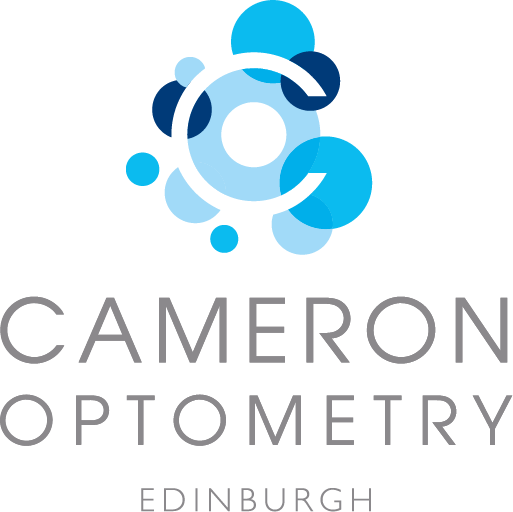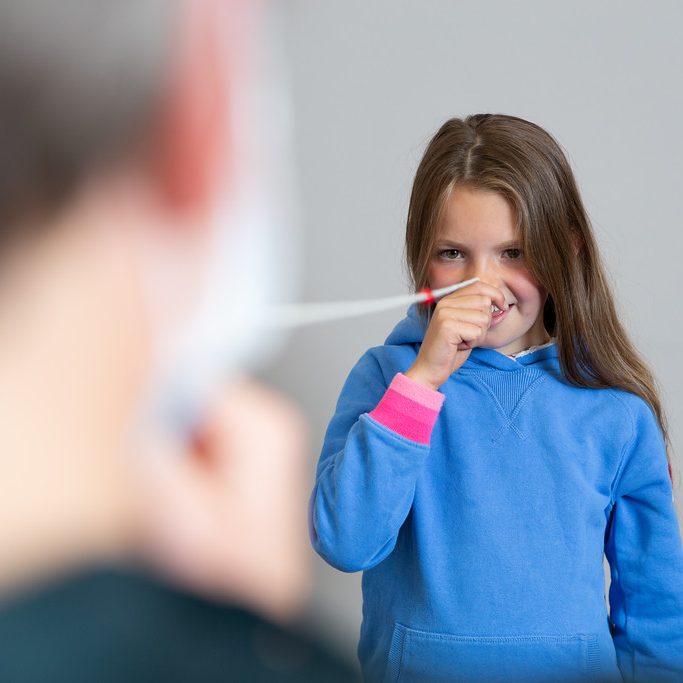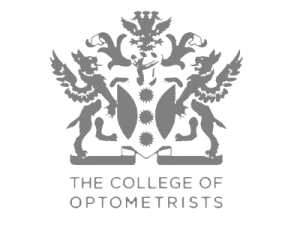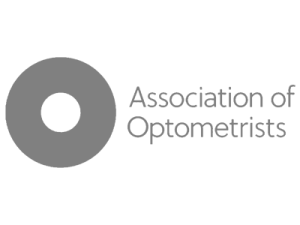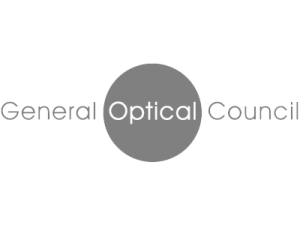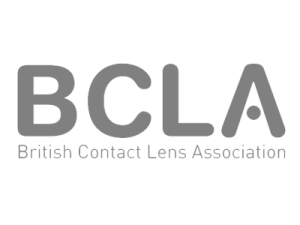What if you see well, but your brain doesn’t find it easy to process what it’s seeing? This can be hugely frustrating, especially for children in their formative years as they are trying to absorb so much. Tasks that come naturally to so many, such as reading, writing, balance and coordination, can cause huge issues for some.
So much more than good eyesight
For example, catching a ball requires the person to firstly see the ball, process how far away the ball is, how quickly it is travelling and consequently, when it will reach their hands, the brain then tells the hands when and where they need to move to clasp the ball. So much of this relies on quick and accurate visual processing. Similarly, reading requires the eyes to see the letters clearly, group them correctly, tell the brain what they have seen, then the brain has to process these letters in a recognised sequence. As such, we are relying on many processes to take place for each word to be read correctly.
Does your child show signs of visual stress?
Visual stress is what happens when these sorts of processing tasks are difficult resulting in strain on the visual system. The symptoms of visual stress can be headaches, blurred vision, as well as a general reluctance to do those tasks which cause visual stress. Possibly a resistance to read, avoiding sports requiring good hand-eye coordination and struggling in the classroom.
How could Vision Therapy help?
Behavioural optometrist Emma Drewery explains, “We use Vision Therapy to retrain the brain to respond better to what it is seeing – processing what a person sees more effectively. They could have perfect vision but still show signs of visual stress.”
There are currently only two fully qualified behavioural optometrists in Scotland.
Emma continues, “I trained in optometry but as my daughter showed signs of struggling at school, I started to look into whether her issues could be a result of visual stress. I found the techniques fascinating and soon decided to undertake qualifications in behavioural optometry. Over the years I have found Vision Therapy has helped so many people, removing barriers some think they just have to live with.”
Like physiotherapy for the visual system
It is usually support for learning teachers or other opticians who recommend that children might benefit from Vision Therapy, but parents or teachers can also refer children themselves. The treatment options are varied and tailored to the individual. In most cases, after the assessment, the patient is given a number of exercises to go away and do, much like if you went to a physiotherapist with back pain, but in this case it is about strengthening the brain’s connection with the eyes. Slowly but surely, the exercises help retrain the brain to see better, allowing the child to use vision without the effort and stress previously experienced.
In some cases, colorimetry may also be recommended. “Often when there are signs of visual stress a tinted lens or coloured overlay can be given to make vision more comfortable, especially for near tasks such as reading and screen work. Although the tint in the lens or overlay does not solve the reason for the visual issues in the first place, it can immediately help make using vision easier and less stressful, often improving visual performance at school and work straight away, so can work well in combination with vision therapy training.”
Who could benefit from Vision Therapy?
“We find many people experience some form of visual stress, particularly children, and if untreated, they carry the issues into adulthood. As you would expect, there are varying degrees of visual stress and Vision Therapy can have some benefits for many people. However, it is those who are struggling most who usually see the best results.
“Vision Therapy can help reduce the visual issues experienced with specific learning related disorders, such as those found in dyslexia and dyspraxia, and develop the visual skills in children and adults with Asperger’s and autism.”
Just as the brain can learn new languages, good vision can also be learned and developed if given the right training.



